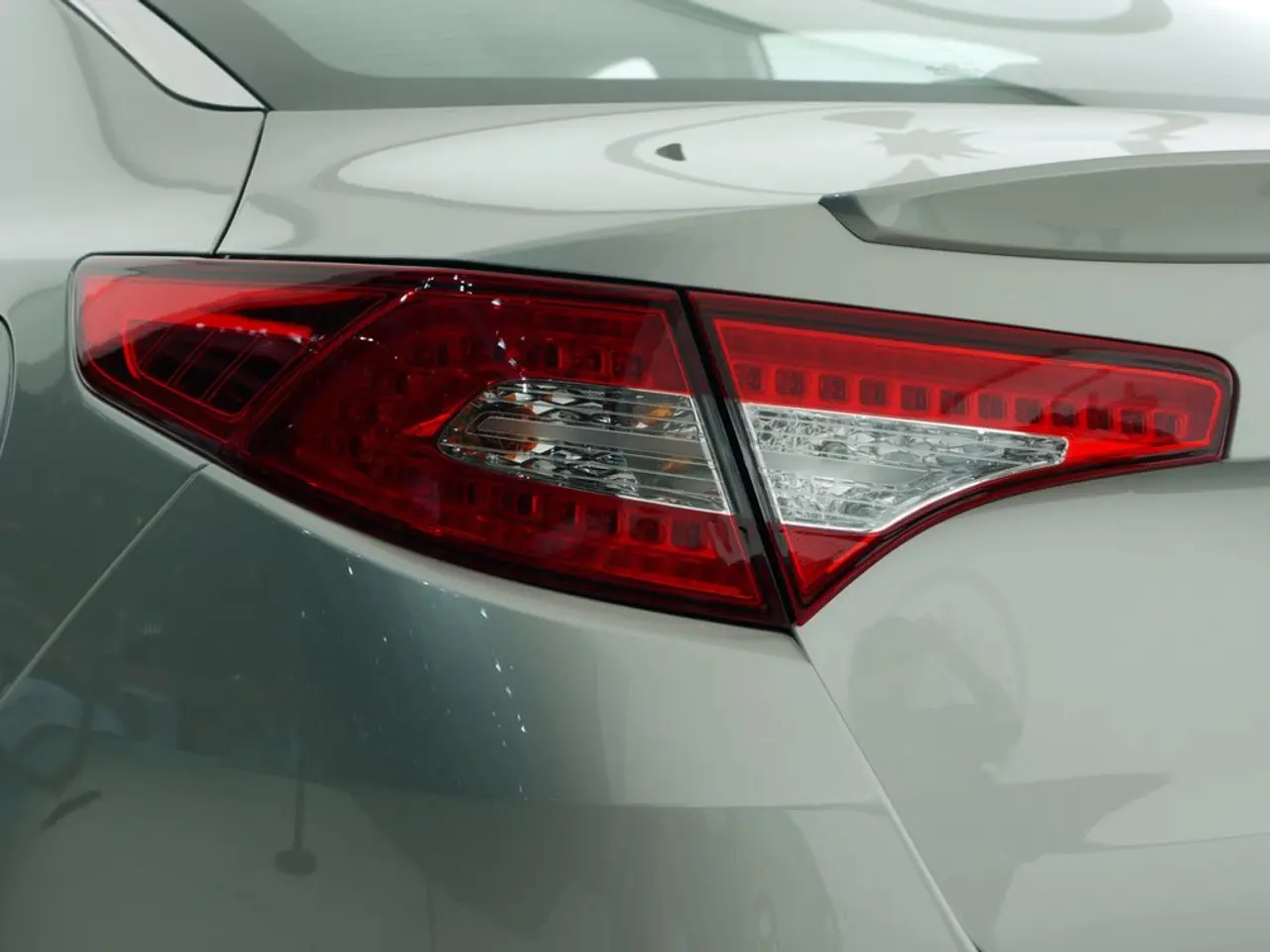Unconventional strategies for deceleration technologies, surpassing traditional magnetic methods
In the ever-evolving world of automotive technology, advancements are being made not just in traditional brake systems, but also in areas that may seem unrelated at first glance. One such area is the exploration of "Beyond Magnetism," a proposed shift from conventional mechanical brakes to innovative magnetic systems.
Current Advancements
One significant area of focus is the enhancement of regenerative braking in electric vehicles (EVs). Future electric motors are expected to be more efficient, both as propulsive units and as generators, which could amplify regenerative braking capabilities by converting kinetic energy back into electrical energy more effectively. Improvements in battery technology, such as higher energy density and faster charging rates, will also allow for more efficient energy absorption during regenerative braking. Advanced control systems and AI integration could predict braking events, allowing for smoother and more efficient regenerative braking.
Another promising development is the integration of Micro-Electromechanical Systems (MEMS) technology in vehicles. MEMS sensors can improve vehicle stability by detecting skidding and applying brakes selectively to individual wheels, indirectly enhancing braking efficiency by maintaining vehicle control during sharp maneuvers.
Advancements in materials science, such as controlling sliding friction, may also influence future brake pad materials or designs, potentially reducing wear and improving efficiency.
Potential Benefits
The benefits of these advancements are manifold. Enhanced regenerative braking systems can significantly improve the overall efficiency of electric vehicles, reducing energy consumption and environmental impact. Improved battery technologies and control systems can maximize energy recovery during braking.
Advanced safety features enabled by technologies like MEMS can improve vehicle stability and control during braking, potentially reducing accidents. Future materials and technologies might lead to more durable and efficient brake components, further enhancing safety and performance.
While "Beyond Magnetism" is not explicitly mentioned in the search results, innovations in related fields are driving advancements in sustainable and efficient technologies, which could potentially influence brake systems in the future.
Innovative magnetic technologies, such as those from Tesla and LG Chem, are being embraced for greener, more sustainable brake technologies. Advanced magnetic field manipulation allows for precise control in brake systems, and active magnetic bearing technology eliminates physical contact between moving parts, reducing wear. Quantum computing is being investigated for its potential role in optimizing brake performance at a molecular level, facilitating sustainable energy use by minimizing frictional heat.
In conclusion, the future of brake technology is promising, with advancements in regenerative braking, MEMS technology, materials science, and magnetic technologies all contributing to more efficient, sustainable, and safer braking systems. The exploration of "Beyond Magnetism" represents a significant step towards greener and more advanced automotive technology.
- The automotive industry, in conjunction with finance, is investing in the development of innovative magnetic systems, such as those from Tesla and LG Chem, as a step towards more sustainable and efficient brake technologies.
- The integration of technology, including advanced control systems, AI, and Micro-Electromechanical Systems (MEMS), is introducing new features to brake systems that aim to improve vehicle stability, control, and efficiency during braking.
- Future advancements in material science, like controlling sliding friction, may lead to the creation of brake pad materials or designs that are not only more durable but also contribute to the overall efficiency and sustainability of transportation.




